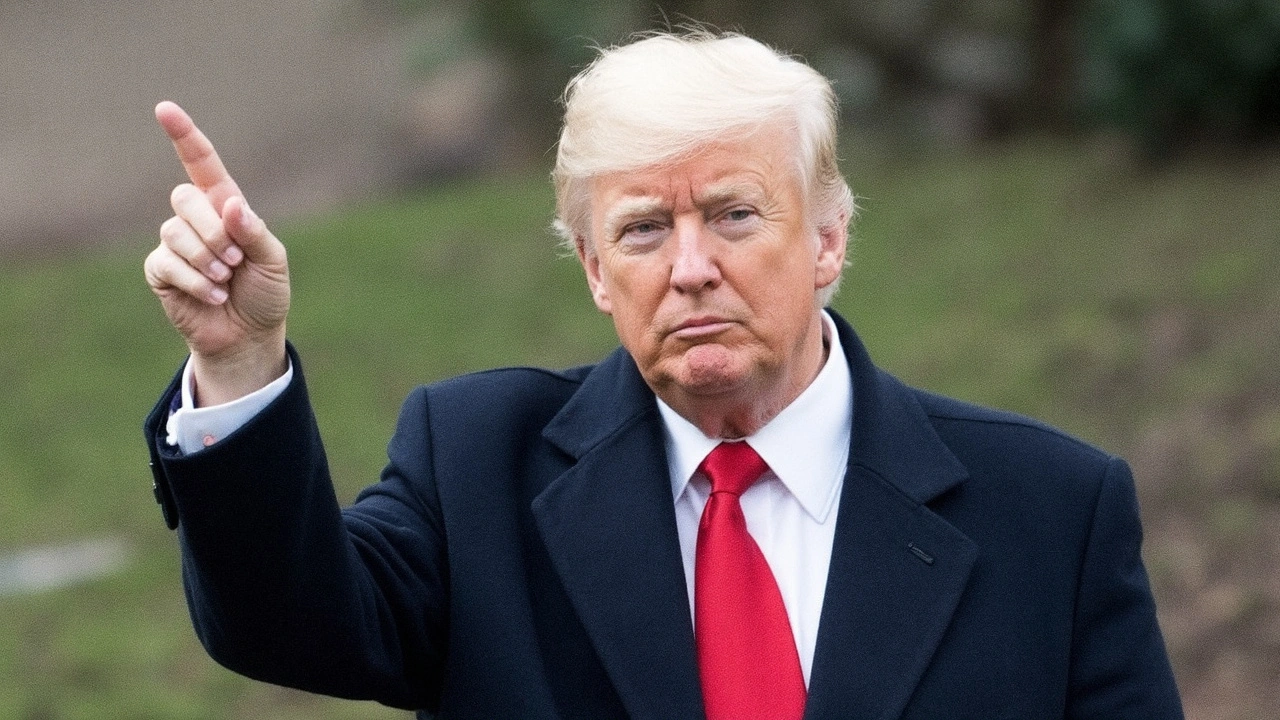U.S. Entry Ban: What You Need to Know
When the United States blocks people from entering, it’s called an entry ban. It can hit tourists, students, business travelers, or entire countries. The reasons range from health scares to security concerns, and the rules can change fast.
If you’re planning a trip, a study abroad program, or a work assignment, you’ll want to know which bans are active and what paperwork you might need. Ignoring a ban can lead to denied boarding, fines, or a long wait at the airport.
Why the U.S. Imposes Entry Bans
Most bans are reactionary. Health emergencies like pandemics trigger quick closures to stop disease spread. Security threats, such as terrorism alerts, can also lead to temporary bans on travelers from specific regions.
Economic sanctions play a role too. When the U.S. imposes sanctions on a country, its citizens may face travel limits as part of the pressure strategy. The goal is to influence policy without direct conflict.
Sometimes, diplomatic disputes cause short‑term bans. A diplomatic row may result in a reciprocal travel ban, where each side blocks the other’s officials and visitors.
How to Stay Informed and Comply
The best way to avoid a nasty surprise is to check official sources regularly. The U.S. Department of State, Customs and Border Protection, and the CDC post updates on their websites. Signing up for email alerts can save you time.
If you discover a ban that could affect you, act fast. Look for visa waiver exemptions, emergency travel permits, or alternative routes. In some cases, a humanitarian visa can get you through, but you’ll need solid documentation.
Travel agents and airlines also receive real‑time updates. Before you book, ask them if any bans apply to your itinerary. Many airlines will cancel or rebook flights automatically if a ban goes into effect after you’ve bought a ticket.
Finally, keep copies of all travel documents—passport, visa, vaccination records—and be ready to show them at the border. If you’re denied entry, you’ll have a smoother path to appeal or reschedule.
Staying ahead of U.S. entry bans means staying curious and checking the right places. The rules may shift, but a little preparation goes a long way toward a hassle‑free journey.
Trump Administration's New Travel Ban May Affect Pakistan and 40 Other Nations
Reports suggest the Trump administration is drafting a new travel ban affecting 41 countries, including Pakistan. Nations are divided into red, orange, and yellow categories, each facing different restrictions. The plan follows an executive order emphasizing heightened security vetting and could provoke international criticism.
View More





